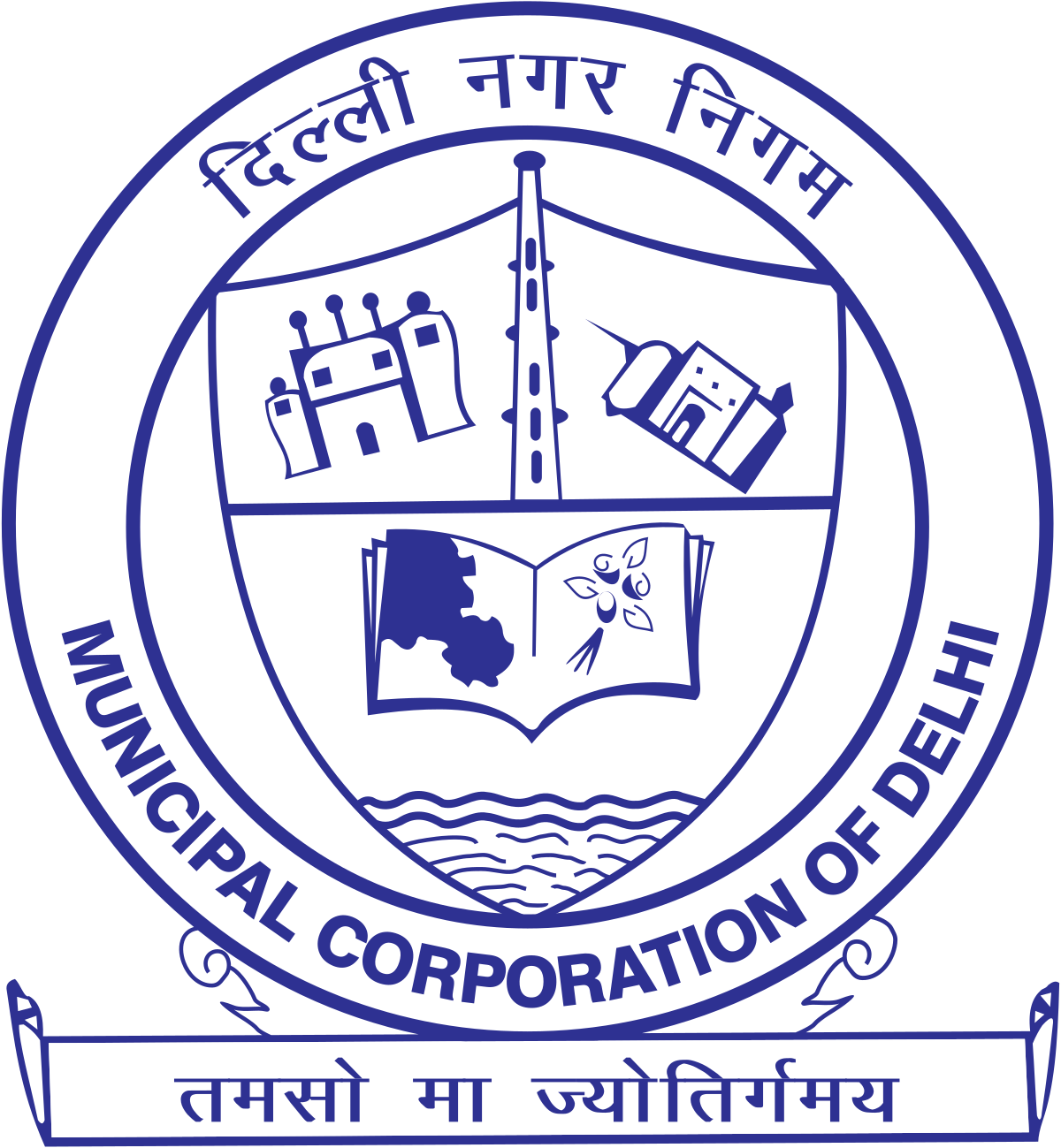MCDs’ mayors are protesting outside the Chief Minister’s house over alleged non-payment of dues to the MCDs by the Delhi government.
New Delhi: The genesis of the constant tussle between the three municipal corporations of Delhi and the Delhi government, lies in the trifurcation of the unified Municipal Corporation of Delhi in 2012, that led to inequitable distribution of resources which can now only be solved with the unification of the MCDs.
The trifurcation of the Municipal Corporation of Delhi (MCD) into North, South and East Municipal corporations left the North and East Municipal Corporations struggling for funds. The North Municipal corporation, which has the largest number of hospitals and schools in its jurisdiction, is often seen struggling with paying salaries to doctors as the funds generated by this municipal corporation are just not enough to meet demands. The East Delhi Municipal Corporation, which is considered the poorest of them all, has generated just Rs 150 crore revenue from property tax in the financial year 2020-21.
This, because the jurisdiction of the East MCD is such that most of the colonies that fall under it are unauthorised and do not need to pay property taxes. The only income that East MCD receives is from parking taxes and Octroi tax (a tax levied by local body on goods that enters into their area for consumption, use or sale).
The South MCD is, however, considered the richest municipal corporation in Delhi since it has a jurisdiction over a large area of affluent colonies and the property tax collected by this municipal corporation is much more than that of the other two MCDs.
This inequitable distribution of resources has led to the constant tussle between the AAP government in Delhi and the BJP ruled MCDs over the last six years. Due to this tussle, residents of the National Capital territory often have to experience strikes by sanitation workers, leading to a huge pile up of garbage on roads, and strikes by doctors and teachers over non-payment of salaries.
Even currently, councillors and mayors of the BJP-ruled MCDs—North, South and East MCD—are protesting outside Chief Minister Arvind Kejriwal’s house in Delhi over the last one week, over the non-payment of dues to the MCDs by the Delhi government. The BJP claims that a total of Rs 13,000 crore is due to be paid to the MCDs by the Delhi government, due to which the MCDs are not being able to manage their resources.
Former Mayor of North Delhi Municipal Corporation, Yogendra Chandolia, who is also protesting outside the Chief Minister’s house, told The Sunday Guardian that the Delhi government is not releasing funds according to the Fourth and Fifth Finance Commission of Delhi and that the Kejriwal government is playing politics with the people of Delhi.
Former Chief Secretary of Delhi Omesh Saigal, who headed a commission to suggest reforms in the functioning of the Municipal Corporation of Delhi in 2006, said that it was the biggest mistake of the then government to break the municipal corporation which has led to this situation today.
Speaking to The Sunday Guardian, he said that his committee had recommended to the then Union Government and the Delhi government that the MCD of Delhi was not easily divisible and that its division could bring
“Our Committee’s recommendation was that this would create more problems than good and this has now proven right. For example, look at East Delhi MCD; they are resource crunched since they have no other means of collecting revenue apart from Octroi and house taxes, but house tax here is also very less since most of the houses here are small and has slums which are exempted from taxes. The North is also struggling since it has more expenditure than the amount of revenue it collects. On the other hand, South is surplus due to reasons of affluent societies located there which attracts more taxes. What our committee had suggested was to keep with the unified Municipal Corporation of Delhi under a single Mayor which would be the overall funding institute and then create 12 Janpads based on the 12 Zones of the Municipal Corporation of Delhi; funds will be transferred by the single Mayor to these Janpads as per their needs,” Omesh Saigal said.

